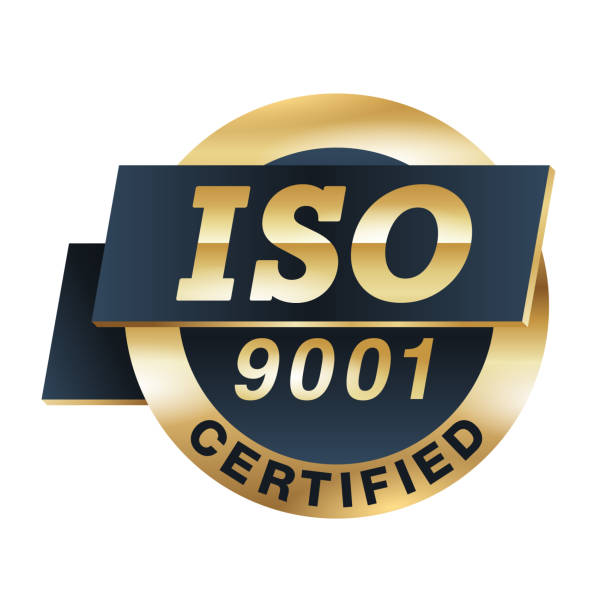Quanhom Technology Co., LTD is a company engaged in the area of development and production of thermal infrared optics. The high precision product range includes infrared lenses assemblies of SWIR/MWIR/LWIR , eyepieces, infrared lens elements, etc.
Home / All / Thermal IR Optronics Related Components / Laser Range Finder /
Laser Range Finder ≤55mm×42mm×35mm/≤60g LRF G1535 2S
Home / All / Thermal IR Optronics Related Components / Laser Range Finder /
Laser Range Finder ≤55mm×42mm×35mm/≤60g LRF G1535 2S
Find Your Product
Whatever your requirements, our know-how, expert team, and technology are all there, ready to provide you with the precise, fully-tailored solution you need.
-
Please send your message to us
- Name
- Tel
- *Title
- *Content
Laser Range Finder ≤55mm×42mm×35mm/≤60g LRF G1535 2S

| Categories | Laser Range Finder |
|---|---|
| Brand | Quanhom Optronics |
| Model | LRF G1535 2S |
| Power Supply | 9V-16V(customizable) |
| Repetition rates | 1-10Hz(adjustable) |
| Operating Temperature | -40℃-+65℃ |
| Update Time | Jun 9,2025 |
Detail Information

- Specification
- download file
- FAQ
- video
- application
Specification
Performance |
|||
Continuous ranging frequancy | 1-10Hz (adjustable) | ||
Wavelength | 1535nm±5nm | ||
Laser divergence angle | ≤0.5mrad | ||
Accurate measurement speed | ≥98% | ||
Range accuracy | ≤±2m (RMS) | ||
Ranging resolution | ≤30m | ||
Operating temperature | -40℃~+65℃ | ||
Storage Temperature | -55℃~+70℃ | ||
Product weight | ≤60g | ||
Product size [mm] | ≤55×42×35 | ||
Power supply | 9V-16V | ||
Communication interface | RS422,115200bps | ||
Power consumption | Average power consumption≤1.5W (working at 1Hz), peak power consumption≤5W | ||
Download file
|
file name
|
type |
download
|
||
PDF format | ||||
Calibration method
FAQ
- What is the composition and working principle of the laser rangefinder?
The laser rangefinder consists of an optical system, a laser, a drive circuit, a receiving circuit, a signal processing circuit, a system power circuit and an external data interface circuit.
The signal processing circuit receives the ranging command sent by the upper computer through the external data interface circuit, and then sends the control signal to the drive circuit. After receiving the control signal, the drive circuit injects an electrical pulse signal into the laser. The laser pulse laser output from the laser is sent to the detected target by the optical transmitting system, and and simultaneously the main wave collected by the receiving circuit is sent to the signal processing circuit after truing. Reflected back by the target, the laser signal is converged to the receiving circuit through the receiving optical system, and then sent to the signal processing circuit after amplification and truing. The signal processor receives the main wave and echo to realize data sampling, counting and calculation. After completing data processing, the signal processing circuit uploads the distance information to the upper computer, so as to complete a distance measurement.
- What are the applications of laser rangefinder?
The laser rangefinder is light in weight, small in size, simple in operation, fast and accurate, with the error only one fifth to several hundredths of other optical rangefinders. Therefore, it is widely used in terrain measurement, battlefield measurement, ranging of tanks, aircraft, ships and artillery to targets, measuring the altitude of clouds, aircraft, missiles, and artificial satellites, etc. It is an important technical equipment to improve the accuracy of tanks, aircraft, ships and artillery, and is also widely used in industrial measurement and control, mines, ports and other fields.
application
Review
- Loading...
Quanhom Technology Co., LTD is a company engaged in the area of development and production of thermal infrared optics. The high precision product range includes infrared lenses assemblies of SWIR/MWIR/LWIR , eyepieces, infrared lens elements, etc.








